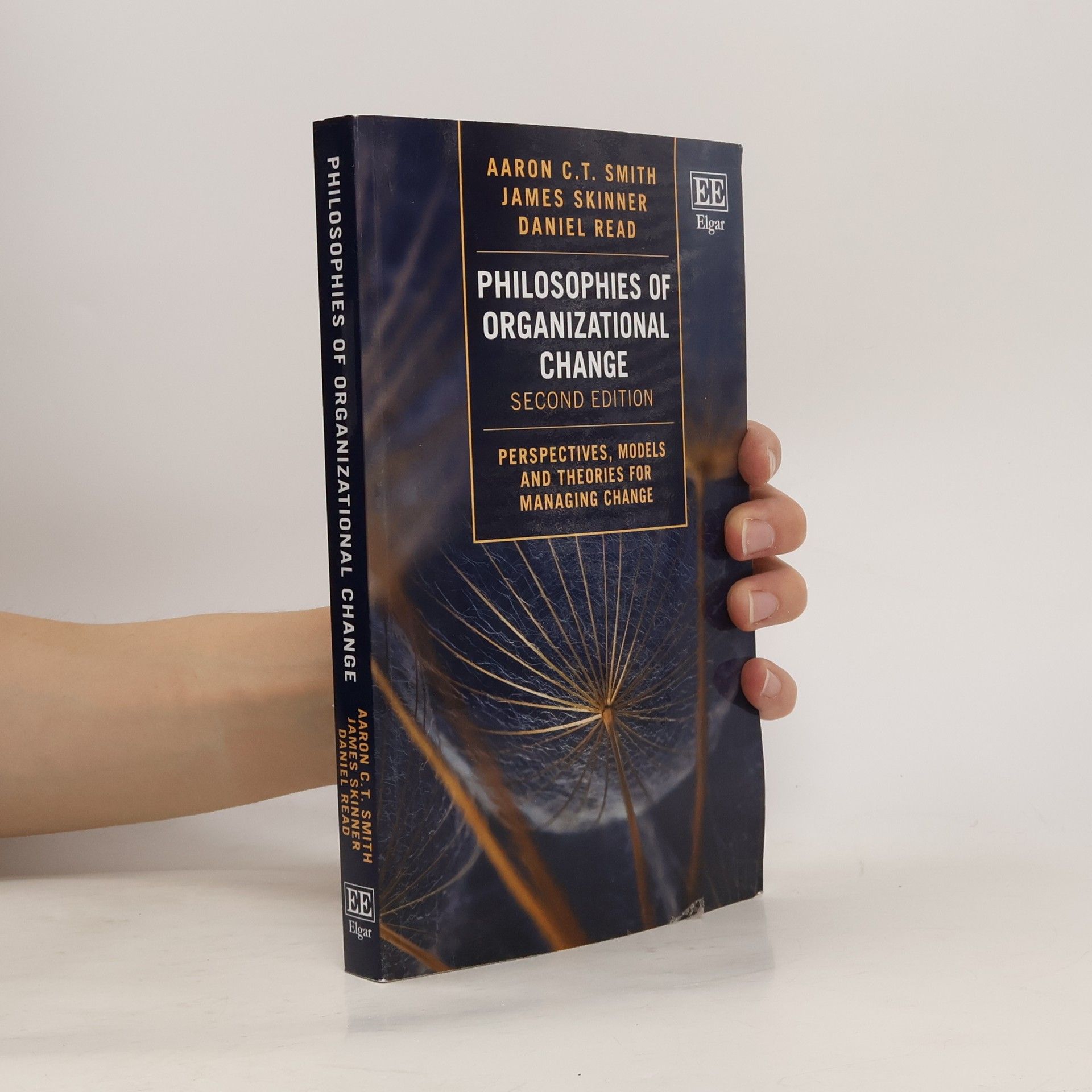Philosophies of Organizational Change
Perspectives, Models and Theories for Managing Change, Second Edition
- 328 pages
- 12 hours of reading
Focusing on the diverse philosophies surrounding organizational change, this revised edition provides a critical analysis of twelve unique approaches, exploring their assumptions and implications. It aims to clarify conflicting perspectives and offers insights into both research and practical applications. The book serves as a comprehensive analytical toolkit, helping readers navigate the complexities of change in today's disruptive environment. It is particularly beneficial for scholars, MBA and DBA students, and undergraduates grappling with organizational theory debates.

